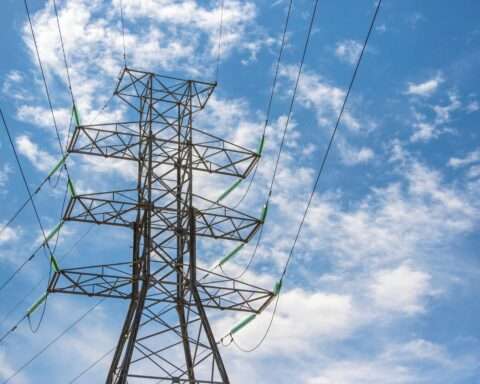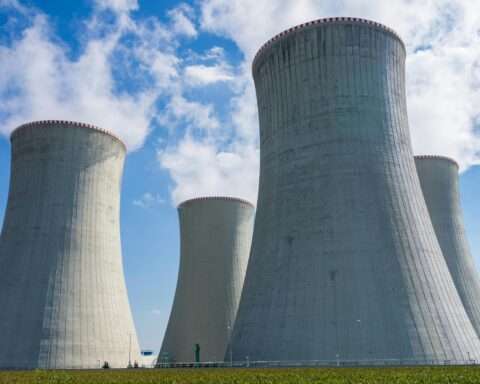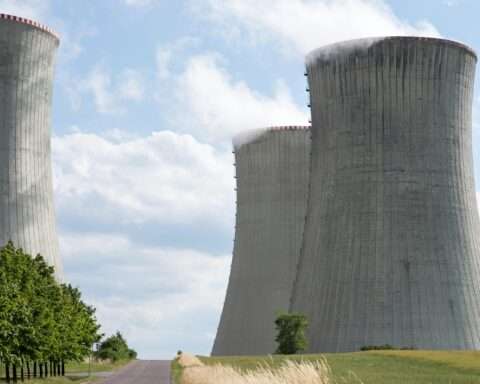After receiving resident approval, the city of Ann Arbor, Michigan, will create a Sustainable Energy Utility (SEU).
SEUs are opt-in, supplemental, community-owned energy utilities that collect and distribute 100% renewable energy from local systems to participants. Because it’s an optional utility, it will not replace the existing grid and will exclusively receive support from elective members. Authorization has launched the project into the planning and design phase, with full activation expected in between 18 to 24 months.
Unlike the existing grid, the SEU will pull from an array of local renewable energy generation sources and leverage energy storage. This energy diversity will enhance the utility’s reliability, ensuring subscribers will have consistent power even when the traditional energy grid is disrupted.
A significant amount of clean power will be generated on-site at homes and businesses, such as from solar and geothermal systems. This means that vulnerable distribution systems – i.e. poles and wires – conventionally needed to transmit power won’t be necessary. Overall energy rates for generation and storage will also be significantly cheaper than power generated through more commonly used systems.
The SEU aligns with the city’s zero-emissions goals – known as A2ZERO – which plans to achieve carbon neutrality by 2030. The plan was adopted June 1, 2020, outlining plans to transition to equitable, sustainable, transformative energy generation and storage systems.
Photo by Raze Solar on Unsplash













